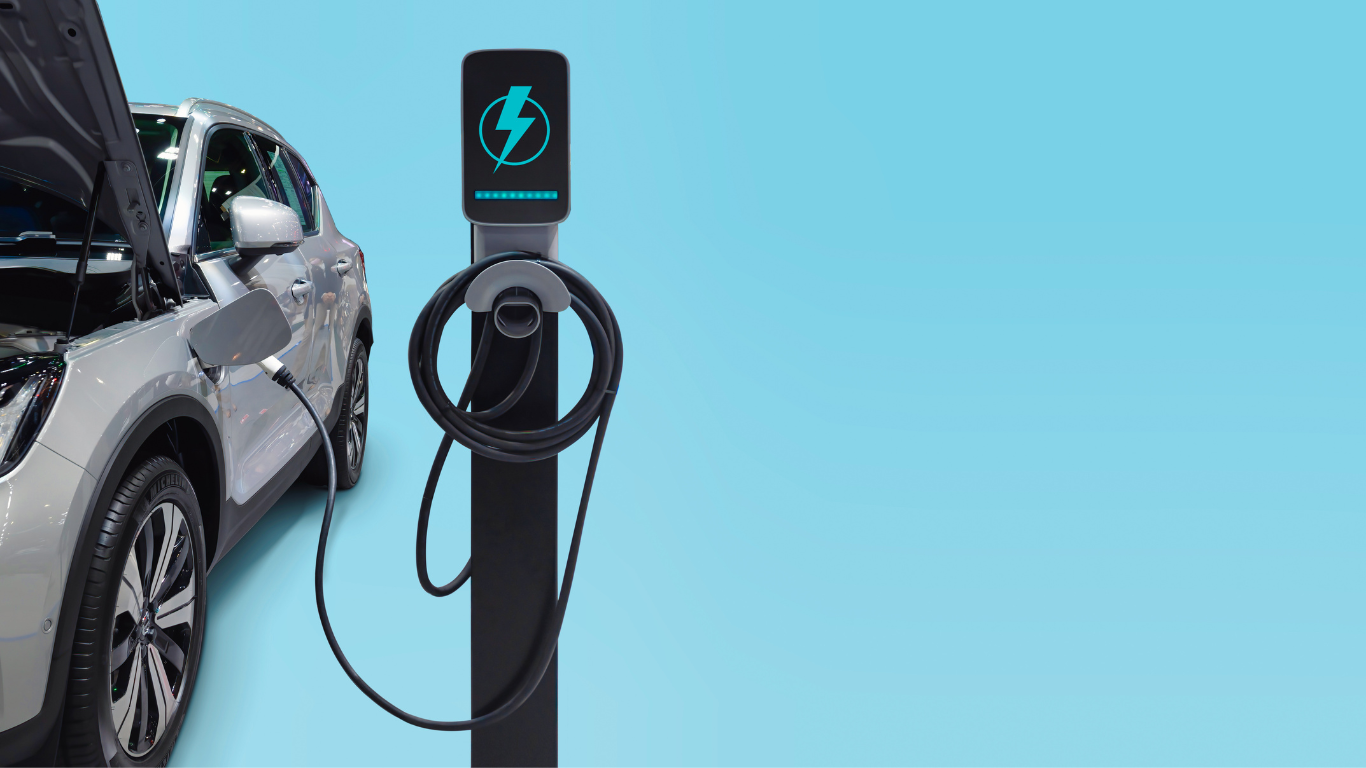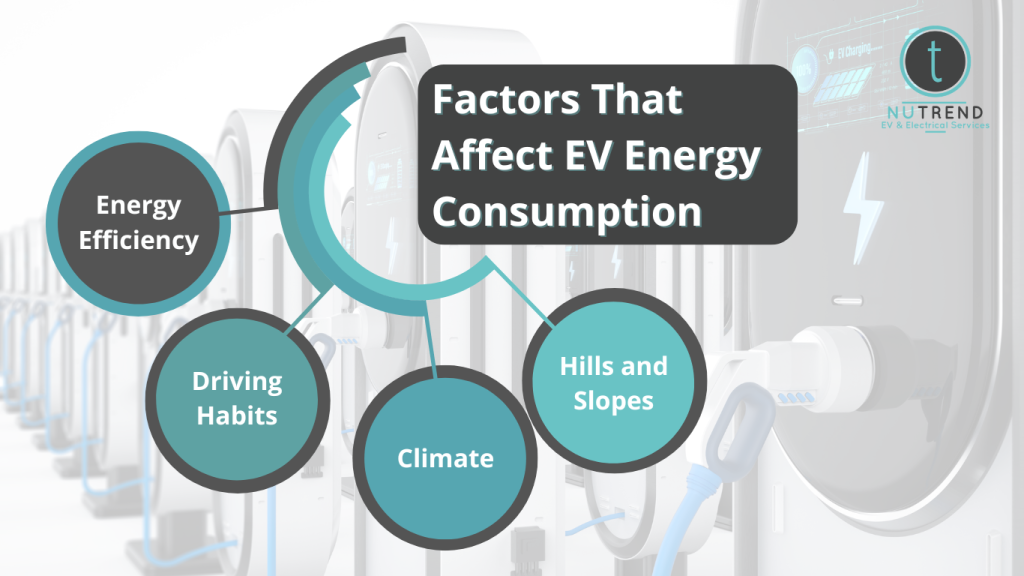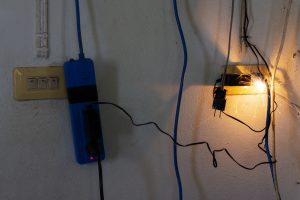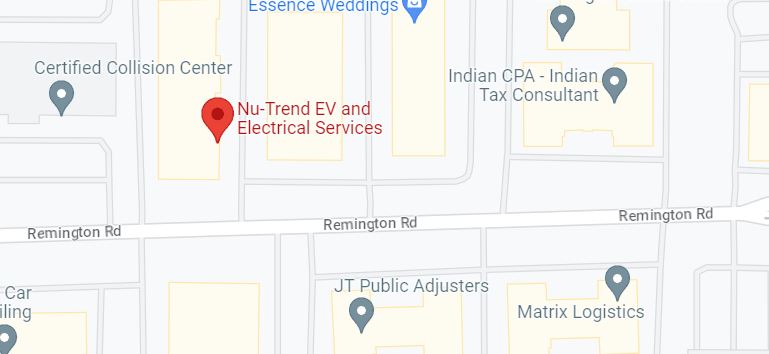How Much Electricity Does an Electric Vehicle Use?
An EV uses electricity to power up. Once the car has the juice it needs, owners can drive to their destination. EV energy consumption depends on various factors, like the size of the battery and the owner’s driving behavior. Let’s take a closer look at the energy consumption of EVs.
EVs are exceptionally appealing to today’s drivers. The convenience of charging at home with a Level 1 or Level 2 charger is a major draw. The financial incentives offered by the government to drivers who purchase an EV increase the desirability of EV ownership.
Why are only estimates of energy usage available?
One concern EV owners have is their electricity usage. Drivers typically gauge how much energy the car utilizes during regular travels and how much it costs. It’s important to estimate electricity usage, as no accurate number currently exists that applies to all drivers across the board.
Owners prefer to drive at varying speeds and distances, for instance. Another factor that impacts electricity usage is how often an EV owner drives. Simply put, people who do not drive their EV as much utilize less electricity than those who cruise the highways for long distances often.

What is the estimated energy usage of an EV?
Instead, it’s safe to assume generalities. According to Edmunds, the average EV consumes approximately 394 kilowatt hours (kWh) of electricity each month. This number is based on the average driving distance of Americans each day, which amounts to about 36.92 miles.
Potential and current EV owners can liken this energy usage to a familiar household appliance: the washing machine. A typical washing machine uses about 2.1 kWh. This means charging the EV consumes the same amount of energy as a washer running for five hours.
This rough estimate is more valuable than having none at all. With a basic understanding of their estimated electricity usage, EV drivers are better able to make informed decisions about their energy consumption, how to maximize it, and ways to reduce it.
What affects an EVs energy consumption?
1. Energy Efficiency
Getting into the specifics of energy consumption is done by examining the numerous variables that affect it. The car’s efficiency, for instance, has an impact on energy use. Some models are more efficient than others. The EVs make, model, weight, and age are also influential factors.
2. Driving Habits
Driving habits are just as impactful. Those who careen at fast speeds, accelerate and brake constantly reduce the energy efficiency of their EV. Similarly, idling the car has a negative impact. Driving efficiently, such as at a steady pace, increases the miles per kWh.
3. Climate
The climate of the geographical area in which the car is predominantly driven also impacts the car’s energy consumption. Extreme temperatures, such as hot or cold, affect battery performance. This is due to the energy spent on cooling or heating the car’s internal system.
4. Hills and Slopes
Terrain is equally impactful on an EVs energy usage. More energy is required to drive uphill, while driving downhill enables regenerative braking (this is the process where the energy lost through braking is captured and used to recharge the vehicle’s battery).
Should buyers consider an energy-efficient EV?
Drivers looking to buy an EV may place high emphasis on a particular vehicle’s rate of energy efficiency. After all, it’s one of the biggest factors that impact energy usage that they can control upfront—as opposed to non-adjustable factors, like climate and terrain.
As mentioned, some cars are more energy efficient than others. A BMW i4 eDrive 40 offers 157 Wh/km with an 80.7 kWh usable battery, whereas a Volvo EX30 Single Motor ER provides 175 Wh/km with its 64 kWh useable battery.
Before signing the purchase agreement, look beyond the potential long-term savings a particular EV offers. The miles per kWh doesn’t paint an accurate picture. For example, an EV may have a lower sticker price but its lower range of mileage from a single charge means more frequent charging.
On the opposite end of the spectrum, a higher-priced EV is likely to offer a significantly longer range per charge. This could be advantageous to drivers who travel for extended periods, as they do not have to make numerous stops at pricey public charging stations.
After knowing an EVs estimated energy consumption, the next question is how much does juicing up the vehicle cost. The average homeowner spends 16 cents per kWh of electricity. This equates to $6.40 to fully charge a Nissan Leaf and $16 to fully charge a Tesla Model X Dual Motor.
The type of charger used affects charging costs. At-home charging with a Level 1 or Level 2 charger is the least expensive route, compared to charging at a public station using a Level 3 charger. A Level 2 charger installed by Nu-Trend offers the greatest number of tangible benefits.

As a reputable EV charger installation service with experience serving homeowners and businesses alike, Nu-Trend is available to install a Level 2 charger at your home or a Level 3 charger at your commercial business. Our Level 2 charger uses the same amount of voltage as a standard water heater.
Installing a Level 2 charger in your home garage offers drivers convenience and affordability. This charger provides a full charge at a significantly faster rate than a Level 1 charger. Commercial businesses keep their fleets juiced up and ready to go with our quality Level 3 charger installations.
Nu-Trend provides efficient installation services at (847) 882-1888. After learning about your needs and discussing the best options, our dedicated electricians take care of obtaining the necessary permits and adjusting the electrical system’s wiring, if necessary. A final inspection is performed to ensure a quality installation.
As Schaumburg’s premier EV charger installation service, Nu-Trend has earned the trust of countless residential homeowners and commercial business owners. If you drive an EV and want to experience the affordability and convenience of having an at-home EV charger, give our friendly experts a call.
Related Posts:
What Our Cients Say
Vil Varadhan
Nu-Trend did a professional installation job for my EV Charger at home. The technician was thorough and put safety first. Although, it was not cheap – The quality of work gives a peace of mind. They took care of City permit etc.
![]()
Kevin Gallagher
Updated panel from 100 to 200 A and installed EV charger. Team was very professional. Shane was responsive and ushered through the permit. Dave and Jr did a clean install and were respectful in my home. Would consider them for future electrical work.
Martin Gardner
We had Nu-Trend add an EV charging port to our garage which was organized via Qmert, who contracted Nu-Trend to do the installation. I first met Dave, who came out to inspect the job site and put together a quotation; he is an excellent, Knowledgeable, and professional electrician. Shane at Nu-Trend took care of all the paperwork which includes a work permit from the local council and inspection after installation. Dave and a co-worker who was also excellent came to the house and did the installation in about half a day, the quality of the workmanship was impeccable. The work passed Inspection with flying colors.
Electrify Your Journey
Nu-Trend EV offers FREE consultation!
Rewiring Chicago!
Our service doesn’t stop at installing the EV charging station; we also specialize in electrical wiring. If your electrical system needs an upgrade to accommodate the increased power demand of an EV charger, we have the expertise to handle the job efficiently and safely.



